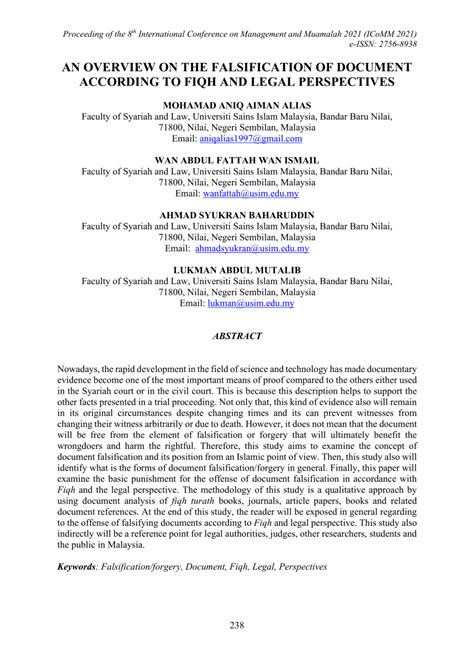Legal Considerations for Using Anonymous Crypto Cards
The rise of cryptocurrency and blockchain technology has opened up new avenues for financial transactions, allowing individuals to conduct their business more securely and privately. Among the various payment methods, anonymous crypto cards have become popular among those seeking a certain level of discretion in their online activities. However, the use of these cards also raises concerns regarding legality and compliance with regulatory requirements.
What are Anonymous Crypto Cards?
Anonymous crypto cards, also known as prepaid debit cards or digital wallets, allow users to store and manage their cryptocurrencies anonymously. These cards typically have no direct connection to the real identity of the owner, making it difficult for authorities to identify individuals involved in transactions using these platforms.
Legality of Anonymous Crypto Cards
The legality of anonymous crypto cards varies by jurisdiction, reflecting differences in the regulatory environment and laws governing the use of cryptocurrency. In general, anonymous crypto cards are considered a form of money laundering or terrorist financing in most countries, as they allow users to conceal their identity and activities from law enforcement.
In the United States, for example, the Financial Crimes Enforcement Network (FinCEN) has issued guidance advising financial institutions to report suspicious activity involving prepaid debit cards. Similarly, in Europe, the European Union’s Anti-Money Laundering Directive requires financial institutions to monitor transactions involving anonymous payment methods.
Key Regulatory Considerations
There are several regulatory considerations to consider when using anonymous crypto cards:
- Money Laundering and Terrorist Financing: Anonymous crypto cards are often linked to these activities due to their ability to hide the user’s identity.
- Tax Implications: In some countries, taxes on cryptocurrency profits are subject to withholding or reporting for tax purposes.
- Consumer Protection Laws: Crypto card issuers must comply with consumer protection regulations, such as those of the Consumer Financial Protection Bureau (CFPB) in the United States.
Best Practices
To comply with regulatory requirements and minimize potential risks:
- Know Your Local Laws and Regulations: Familiarize yourself with the laws and guidelines applicable to your location.
- Choose a Reputable Issuer: Choose a well-established and licensed cryptocurrency card provider to protect against fraud.
- Be Transparent About Usage: Inform your card issuer about your use of the service, including any transactions or activities that may be subject to regulatory scrutiny.
Conclusion
While anonymous crypto cards offer benefits such as increased financial security and anonymity for online activities, their legality is a complex issue, with regulations varying across jurisdictions. It is critical that individuals considering using these services understand the potential risks and take steps to mitigate them. By following best practices and being aware of regulatory requirements, users can minimize their potential liabilities while still enjoying the benefits of anonymous crypto card use.
Additional Resources
For more information on the legality and regulation of anonymous crypto cards:
- FinCEN Guidelines: Comprehensive guidance for financial institutions on reporting suspicious activity related to prepaid debit cards.
- European Union Anti-Money Laundering Directive

: An overview of EU regulations on money laundering and terrorist financing in the context of digital payments.
